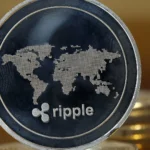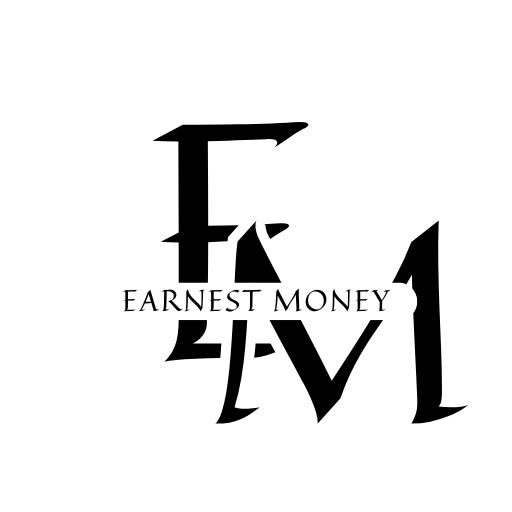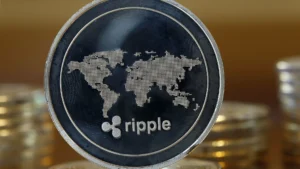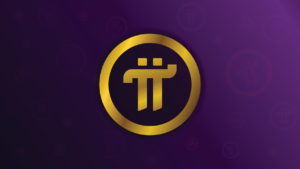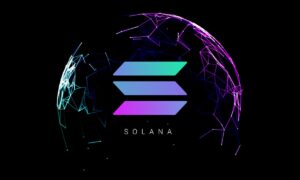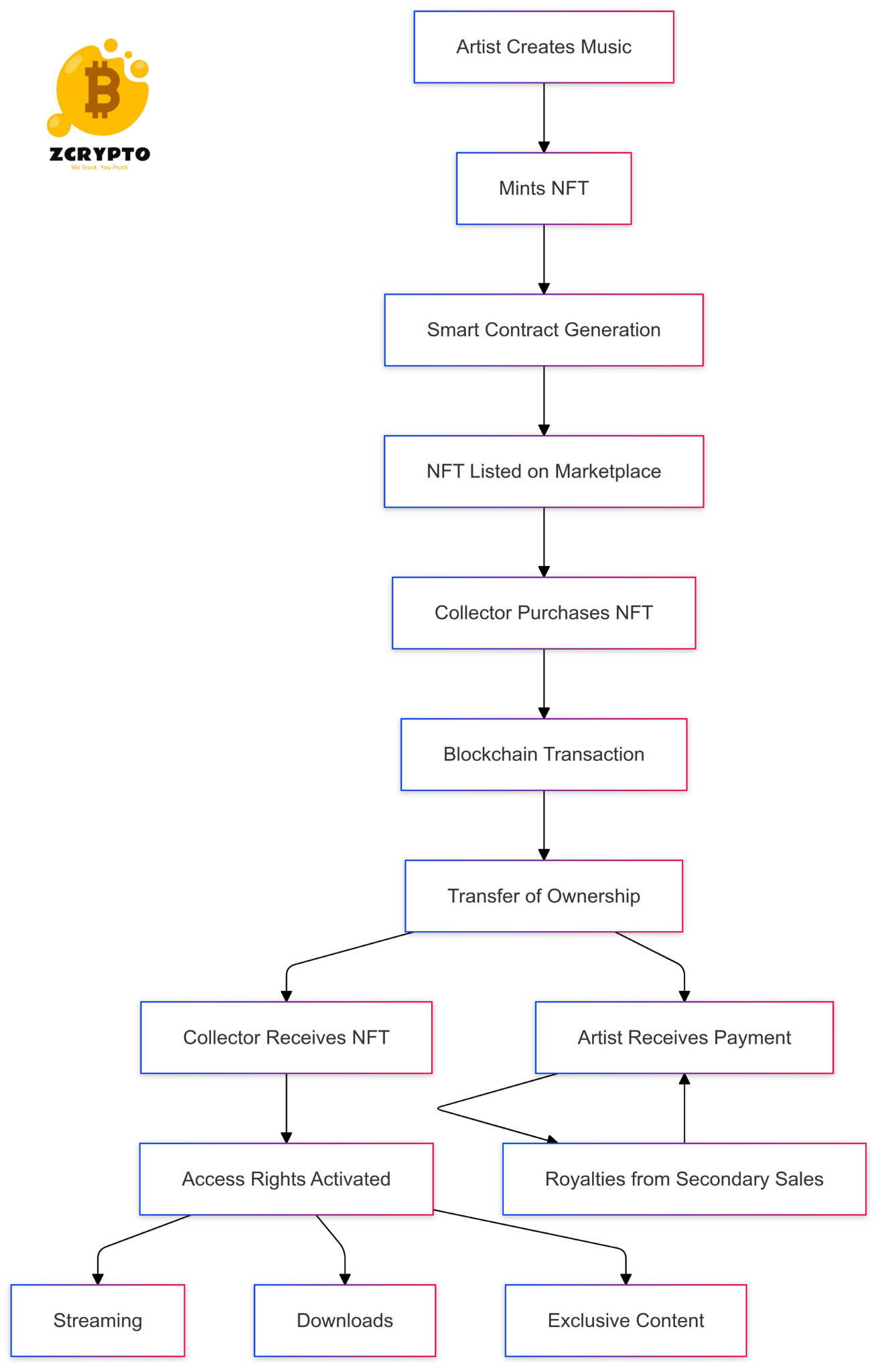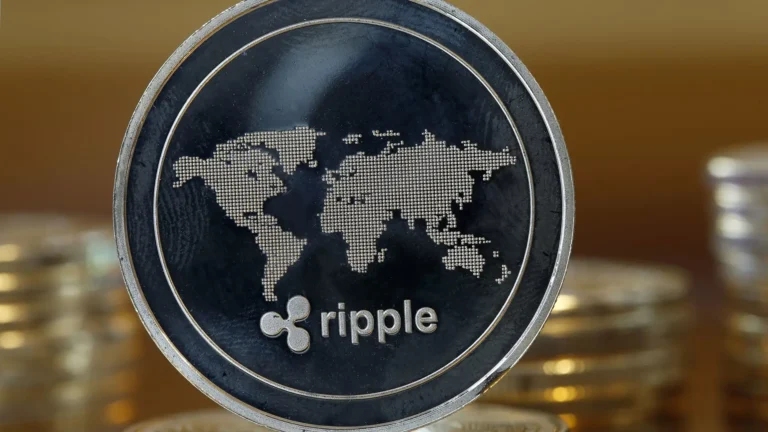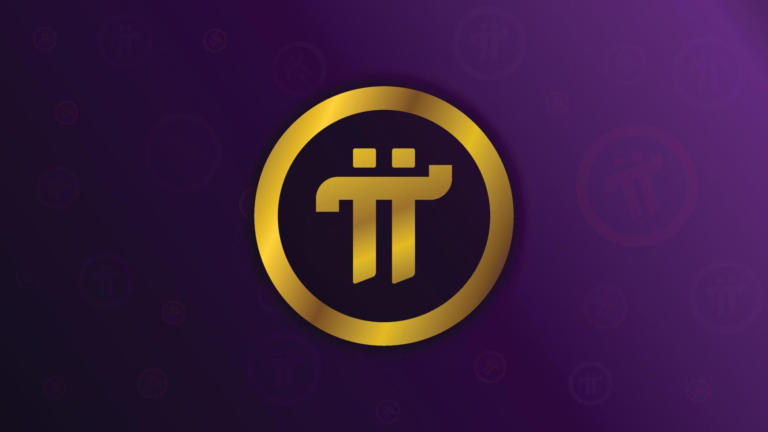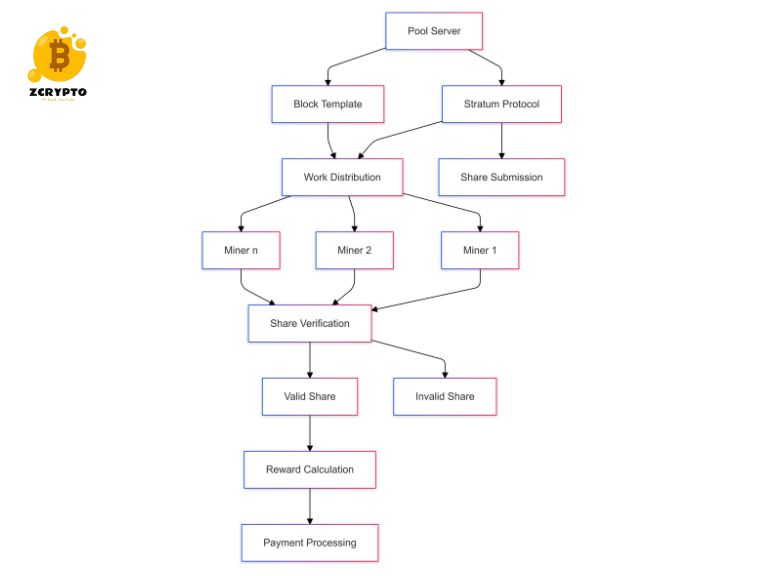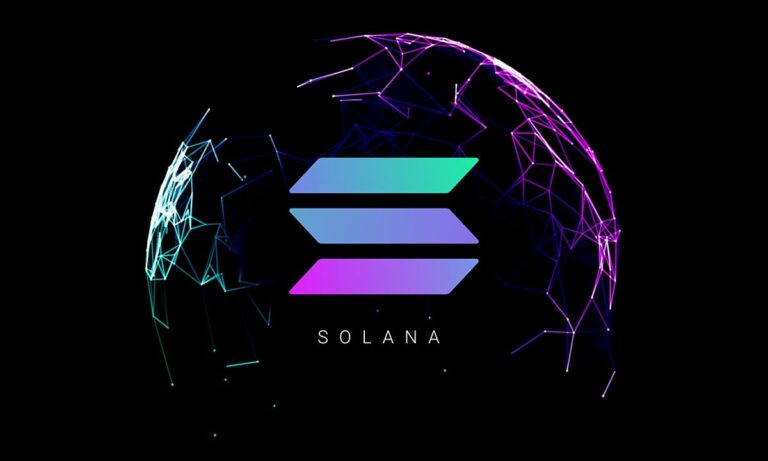- Understanding Due From Accounts: How to Track and Manage Incoming Assets in Your Business
- How to Master Earnings Calls: A Comprehensive Guide for Investors and Analysts
- Unlocking Financial Excellence: What is a Chartered Accountant (CA) and How to Become One
- Understanding Day Orders: Definition, Duration, Types, and Practical Examples for Investors
- What is ODL (On-Demand Liquidity)?
What is Music NFT? A Music NFT represents a unique digital certificate of ownership for musical content stored on a blockchain, enabling direct transactions between artists and fans while guaranteeing authenticity and scarcity.
Bạn đang xem: What is Music NFT? Transforming Artist-Fan Relationships
Music NFTs mark a substantial shift in how musical assets are owned, traded, and monetized. By creating verifiable scarcity and enabling programmable royalties through smart contracts, these digital assets offer innovative ways for artists to connect with their audiences and generate sustainable income streams.
How Music NFTs Work
Music NFTs operate through a combination of blockchain technology and smart contracts. The minting process begins when an artist uploads their music file to a decentralized storage network like IPFS (InterPlanetary File System). This generates a unique cryptographic hash that points to the content’s location.
Smart contracts manage the rights, permissions, and revenue distribution associated with each NFT. These self-executing contracts automatically handle:
- Royalty payments to artists from secondary market sales
- Access control for exclusive content
- Distribution of revenue among multiple rights holders
- Verification of ownership and authenticity
Each Music NFT contains metadata specifying:
- The musical content it represents
- Rights granted to the holder
- Creator information
- Transaction history
- Technical specifications of the audio files
Benefits for Artists
Music NFTs grant artists unprecedented control over their work through several mechanisms. Direct-to-fan sales eliminate traditional intermediaries, allowing artists to capture a larger share of initial sales revenue. Smart contracts ensure automatic royalty payments from secondary market transactions.
Artists can experiment with different revenue models:
- Limited edition releases with tiered pricing
- Bundled experiences combining music with visual art
- Fan club memberships with exclusive access
- Collaborative projects with revenue sharing
- Pre-release funding through NFT sales
Social tokens integrated with Music NFTs enable community building by giving fans governance rights or access to exclusive events. This creates deeper engagement between artists and their supporters.
Impact on Music Consumption
Music NFTs introduce new patterns of music ownership and consumption. Collectors gain verifiable ownership of unique digital assets while supporting artists directly. This ownership model differs from streaming services by emphasizing:
- Permanent access rights
- Potential financial returns through trading
- Exclusive experiences and content
- Community participation
The technology affects traditional music distribution channels by:
- Reducing dependency on streaming platforms
- Creating new secondary markets
- Enabling programmable royalties
- Supporting direct artist-fan relationships
- Facilitating collaborative ownership models
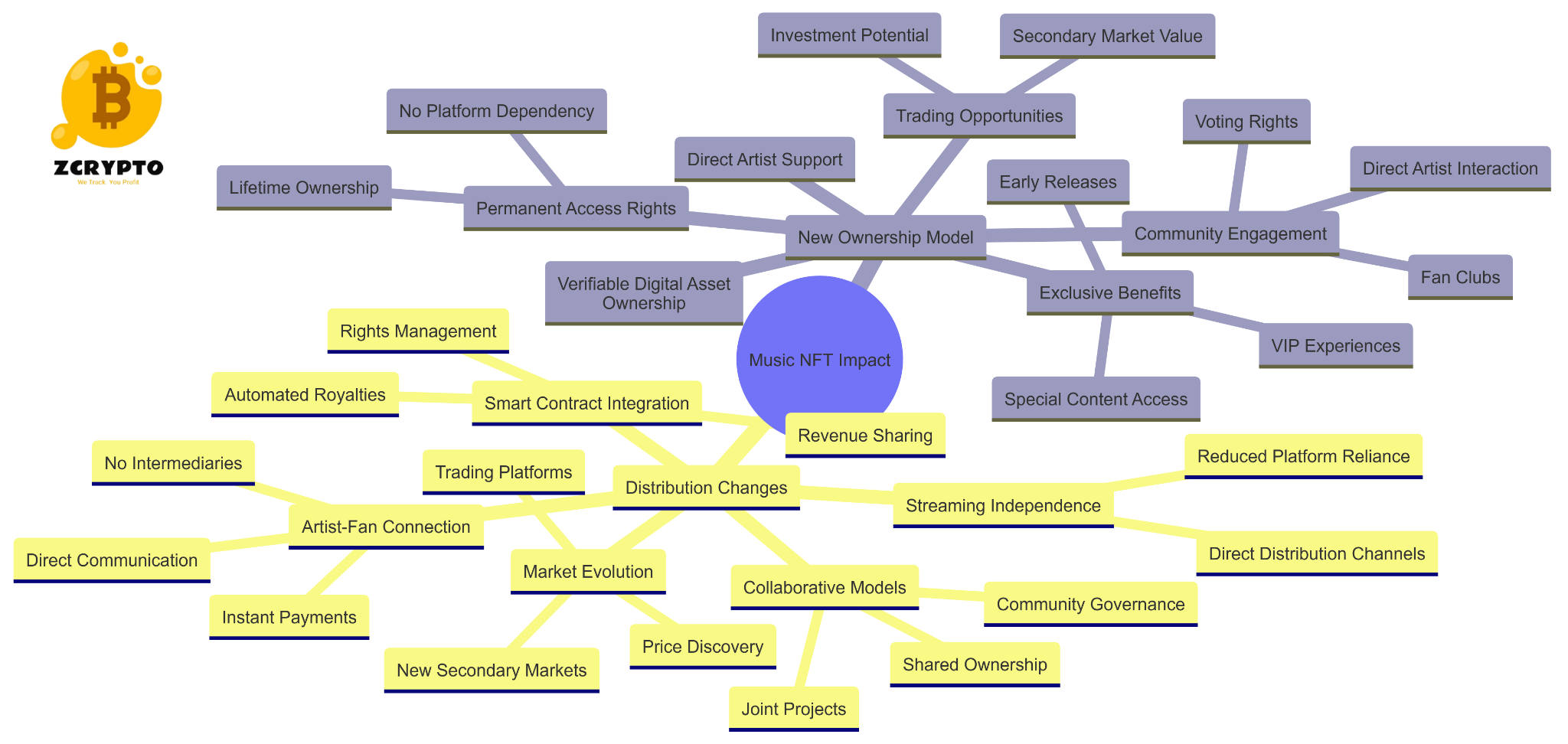
Market Landscape
Several platforms specialize in Music NFTs, each with distinct features:
Sound.xyz focuses on limited edition releases and emphasizes high-quality audio. Their platform has processed over $10 million in primary sales. Catalog targets individual artists with one-of-one editions, achieving notable sales like 3LAU’s $11.7 million NFT drop.
Royal enables fans to purchase ownership shares in songs, with artists like Nas and The Chainsmokers participating. Notable transactions include:
- Steve Aoki’s “Hairy” collection: $5.9 million
- Kings of Leon’s “NFT Yourself”: $2 million
- Grimes’s WarNymph collection: $6 million
Analysis of successful Music NFT projects reveals:
- Limited editions generate more engagement than unlimited releases
- Bundled content packages attract higher valuations
- Active artist participation increases secondary market activity
- Community features boost long-term collector retention
Music NFTs represent a significant advancement in music distribution and ownership. What is Music NFT? At its core, it’s a technology enabling direct value exchange between artists and fans, supported by verifiable ownership and programmable rights management. As the infrastructure matures and best practices emerge, these digital assets continue to provide innovative solutions for music monetization and community building.
Nguồn: https://earnestmoney.skin
Danh mục: Blog
